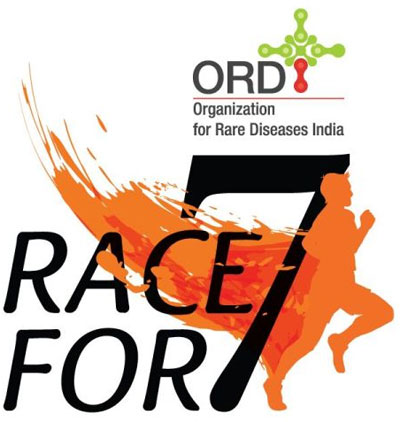
What are disorders of Inborn errors of metabolism?
Inborn Errors of Metabolism (IEM) comprise a group of disorders in which a single gene defect causes a clinically significant block in a metabolic pathway, resulting either in accumulation of substrate behind the block or deficiency of the product. About 500 different IEM’s have been identified.
IEM’s can be classified according to which pathway is blocked and the consequences of the blocked pathways. Eg: Organic acidemias: caused by abnormal metabolism of proteins, fats or carbohydrates, Fatty acid oxidation defects, Aminoacidopathies etc
IEM’s in India:
India has a relatively high birth rate of approximately 25 million babies born every year. India also has a high prevalence of consanguineous (marriages within the family, maternal or paternal side) marriage across the country which gives an indication to the possibility of high occurrence of IEM (Inborn errors of Metabolism). Some common IEM’s found in India are: Congenital Hypothyroidism, Congenital Adrenal Hyperplasia (CAH), Glucose 6 Phosphate Dehydrogenase Deficiency (G6PD), Biotindase Deficiency, Galactosemia (GAL), Phenylketonuria (PKU), Maple Syrup Urine Disease (MSUD)
When to suspect an IEM/ How to diagnose an IEM?
IEMs can present in the newborn in a variety of ways. IEM should be considered in the following:
Clinical Findings suggestive of an IEM include: -History of consanguinity, mental retardation, or SIDS; symptom onset with institution of feedings or formula change; history of growth disturbances, lethargy, recurrent emesis, poor feeding, rashes, seizures, apnea, tachypnea.
Newborn screening tests and Metabolic screening can be used to screen for IEM’s. Investigations such as arterial blood gases, blood ammonia, lactate, sugar and urine ketones help to categorize the possible IEM and guide immediate management.
How are IEM’s inherited?
Most IEMs are inherited in an autosomal recessive pattern which means only individuals with two defective copies of a gene are affected. Parents of affected children are often carriers of the defective gene, which means that they have only one normal copy of the gene. This in turn means that they have a 1 in 4 chance of having an affected child with each pregnancy. A specific diagnosis will help parents to understand what happened and to provide information regarding future reproductive planning and options for prenatal diagnosis
Are there any treatments for IEMs?
Treatment differs for each specific disorder. The following treatments are currently available:
1) Dietary treatment: For phenylketonuria, maple syrup urine disease, homocystinuria, galactosemia, and glycogen storage disease Type I & III. Special diets for PKU and MSUD are commercially available in the west. These are now available in India also
2) Enzyme replacement therapy (ERT): ERT is now commercially available for some Lysosomal storage disorders.
3) Cofactor replacement therapy: The following co-factors may be beneficial in certain IEMs. Eg: 1) Thiamine: in mitochondrial disorders, thiamine responsive variants of MSUD 2) Riboflavin: Glutaric aciduria Type I, Type II etc
Therapy at the genetic level
Gene therapy is a potentially definitive treatment for diseases that have a genetic etiology. Despite its promise, gene therapy is not sufficiently developed for clinical use in the current scenario.
Prevention of IEM’s
1) Genetic counseling and prenatal diagnosis: When the diagnosis is known and confirmed in the index case, prenatal diagnosis can be offered for the subsequent pregnancies.
2) Neonatal screening programs
Note:
If you know anyone with IEM Disorders, or if you are a physician interested in collaboration, please get in touch with the ORDI team.
Contact for Free Diagnostic test of some of the LSD.
Write to us: contactus@ordindia.in
Rare Disease helpline -+91 8892 555 000
Curated by – Ms Anu Sara Philip



